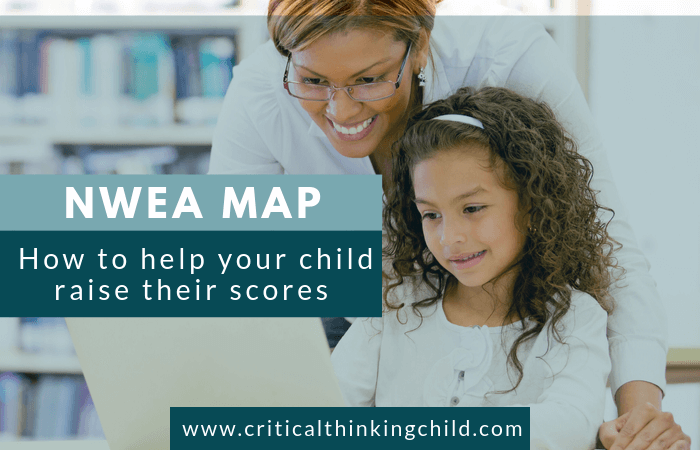

The Northwest Evaluation Association (NWEA) recently partnered with the Center for Research on Education Outcomes (CREDO) at Stanford University to analyze fall 2020 MAP testing data. They looked at data from 4.4 million students across 20 states to explore the impact of school closures on student achievement and growth.
The findings were significant. They found that student achievement dropped for most students, particularly in math. While achievement in reading was somewhat consistent with achievement from a typical school year, MAP test scores in math had a drop of 5 to 10 percentile points. Researchers hypothesized that the reason for this could be that students use reading and literacy skills more in their everyday lives, while some math skills tend to be practiced more in isolation. Math is also cumulative, which means that the losses will take longer to make up. For example, if a student missed a unit on decimals, they would need to learn about decimals first, and then use this knowledge to learn about percentages. This means that it’s much easier for students to fall further and further behind in math.
As a parent, what can you do to combat this learning loss and help your child perform well on the NWEA MAP tests?
Preparation for NWEA assessments lies in creating space and time for your child to learn at home. If your child has taken an NWEA MAP test in the past, you already have an idea of their strengths and struggles, and you can gear study sessions towards their challenges. Growth depends on two factors — vocabulary and skills practice. Both of these can be easily tackled at home.
Here are some strategies designed to improve your child’s confidence in the MAP skills that will be tested on the exam.
Preparation for a test starts long before test day, and you can join the fun as a parent! The NWEA MAP website has practice tests that you and your child can practice with before test day. This will allow you both to get a sense of what the test will actually be like and ease nerves before test day.
Online tutoring can be a great option for students who thrive in a remote learning environment. This format offers lots of benefits like schedule and location flexibility as well as a tailored approach that uses technology to enhance your child’s learning. If this is something you’re considering for your family, take your time to interview several tutors to find the best fit for your child. Again, math is likely a focus area for tutoring this year because of COVID learning loss.
Some students dislike math because they can’t see when they will ever use it in their everyday lives. This is exacerbated by the data showing math learning loss from the pandemic. By making math relevant to life, you can improve your child’s math engagement as well as their NWEA MAP skills. There are many creative, fun ways to help your child grasp math concepts.
You can start in the kitchen. Ask your child to help you measure ingredients and add fractions to double a recipe. Show them how frequently you use math in your everyday life—from balancing a checkbook to creating a budget to calculating gas mileage—and involve your child in this process whenever possible. Even younger children can engage with math by counting everyday objects at home, sorting objects by shape, size, or color, and working on puzzles to improve spatial thinking skills.
Lastly, offer support to your child when they are problem solving, but don’t give the answer. Learning to persevere through problems will empower your child to work hard in a testing environment.
Here at The Critical Thinking Child, we want to make sure your child feels confident on the day of the exam. Make sure you check out our free online training about the different kinds of assessments and how parents can help their children raise NWEA MAP test scores. This training focuses on the key steps to take to help your child improve their results.
Ready to start studying? Download our NWEA MAP Preparation Kit, which includes study cards, test prep questions, and more, all designed to help you support your child in improving their reading, language, and math skills.
This site uses Akismet to reduce spam. Learn how your comment data is processed.